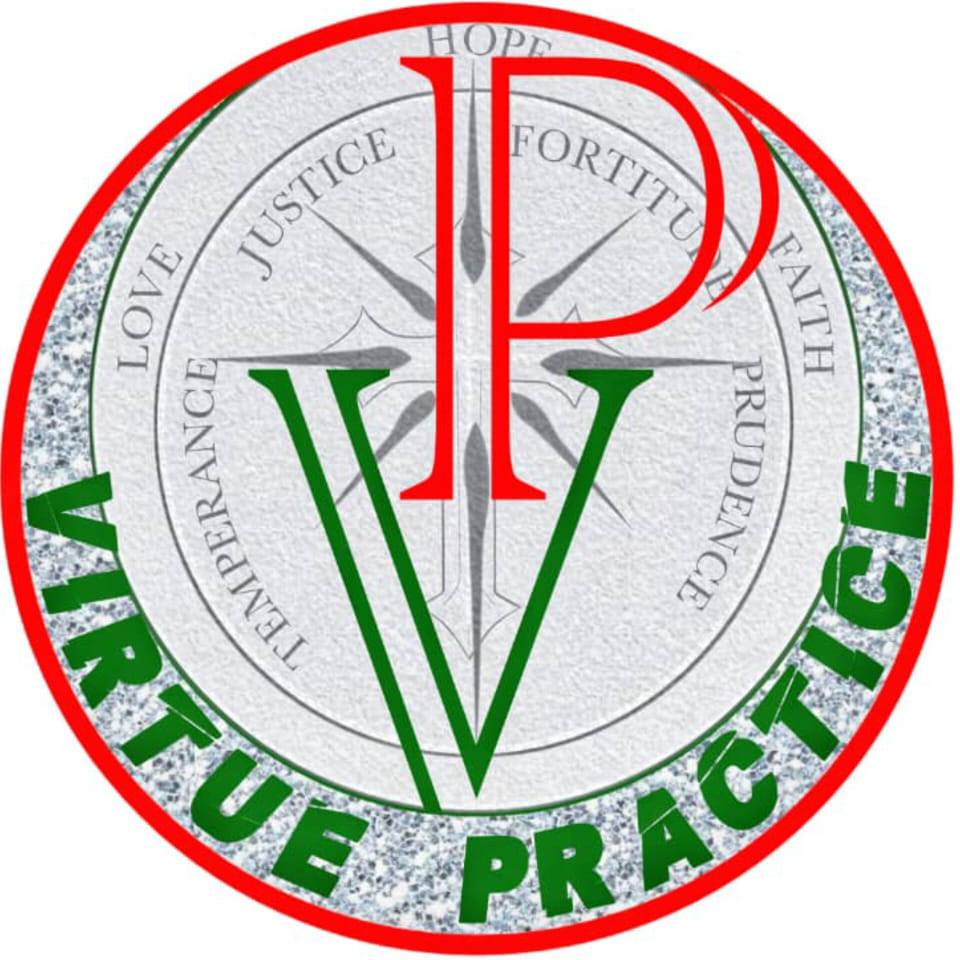Possible Preaching Themes
Possible Scientific Resources
- Wisdom supersedes all other kinds of wealth. Those who have ambition for it perceive the fleeting value of all other kinds of treasures, “because all gold, I view of her, is a little sand” (drawing on the first reading and gospel).
- The Word of God is both challenging and enlightening, requiring us to see the world or even other people not as a source of wealth or advancement, but rather a revelation of God’s enduring and sustaining presence in our lives (drawing on the second reading).
- Wisdom is such a valued human resource that science is trying to discover its sources and causes
- An overview article on the emerging science of wisdom https://doi.org/10.1097%2FHRP.0000000000000205
- Five videos, some as short as 11 minutes, exploring how science examines the nature of wisdom and the conclusions it is currently drawing https://evidencebasedwisdom.com/2015/11/08/word-to-the-wise-top-5-talks-on-the-science-of-wisdom/
- The Center for Practical wisdom draws together scientists and scholars concerned with human decision making https://wisdomcenter.uchicago.edu/welcome-center-director-founder
- What the sciences say about seeing the world differently
- A quick overview of some scientific findings on training to think differently https://www.psychologytoday.com/us/blog/what-mentally-strong-people-dont-do/201710/how-train-your-brain-think-differently
- While the brain reorganizes itself when experiencing injury or disease, humans can rewire the brain through focus https://www.research.colostate.edu/healthyagingcenter/2022/05/31/how-to-rewire-your-brain/
- A 17-minute video by one of the authors of The Innovator’s DNA, about key skills to become innovative https://www.youtube.com/watch?v=Xy6Ex1C_SAs
Homily outline: In the life of faith, few pursuits are more worthwhile than that of wisdom
- We spend much of our lives seeking stability and the resources necessary to secure it:
- Yet the wisdom of God is not found in the pursuit of material wealth, at least not without irony or paradox.
- Rather, the wisdom of God is discovered by daring to act wisely, even think differently, as Jesus constantly did.
- The Wisdom writer from today’s lectionary even prefers wisdom to light.
- The author is awed by the brilliance of her enduring riches.
- Jesus acknowledges the seductive lure of chasing wealth, but both speaks and acts in such a way to reveal that the life of faith requires unusual sacrifice and trust in the promises of God:
- The Rich Young Ruler in Mark is the only one in the New Testament explicitly to reject Jesus’ call.
- It may be easy to fault his spiritual weakness.
- Yet Jesus understands how difficult it is to sacrifice as God demands.
- Still, Jesus does not leave his hearers despairing, but reminds them that all things are possible for God.
- Trusting in God, as Jesus demonstrates, sometimes requires thinking differently and allowing God’s Spirit to lead us in new ways.
- It may surprise us to learn that wisdom is such a valued capacity that scientists are studying in order to understand how it comes about.
- Howard Nusbaum and his colleagues at the University of Chicago distinguish between intelligence and wisdom.
- Smart people can solve problems but don’t always consider the impact of their solutions on others.
- True wisdom, what Nusbaum considers “practical wisdom” is decision making that leads to human flourishing
- Nurturing wisdom is good for our wellbeing, and studies indicate that wisdom is associated with better quality of life among older adults.
- It is also a benefit for those who have yet to acquire it.
- The “Grandma hypothesis” suggests that since having and raising children extracts a higher cost as women age,
- older women instead expend energy in adding their adult offspring to reproduce and subsequently care for their grandchildren.
- Wisdom from this perspective is generous and life giving to others, even as one declines physically.
- While often associated with the elderly through their accumulation of experiences, but recent studies indicate that wisdom can be acquired through key practices, e.g.,
- Considering others or practicing empathy
- Regulating our emotions
- Being open to different points of view
- Embracing ambiguity and uncertainty
- And taking a long-term view of things.
- Howard Nusbaum and his colleagues at the University of Chicago distinguish between intelligence and wisdom.
- The Jesus wisdom
- Jesus may not have known the science, but certainly acquired the art of Wisdom.
- His empathy,
- openness to everyone from Samaritans to Pharisees,
- living boldly in the uncertainty that comes with challenging dominant religious views of the day
- and taking the long view of God’s reign.
- Everyone was not able to benefit from his wisdom
- And today’s story of the rich young man might suggest that he was incapable of taking the long view, with so many possessions blocking his vision of a future in Christ.
- In our search for wisdom, we may not be called to give up everything like Jesus asked the Rich Young Ruler to do
- But we have to assess in our own lives what disables us from taking the long view in Christ.
- And then, as Gospel wisdom and good science suggests
- We need to practice ourselves into wisdom
- Through empathy and openness
- And a willingness to find God’s light even in the midst of uncertainly and ambiguity
- This discipleship path is not pursued alone
- For we live in the aura of the Holy Wisdom revealed in Jesus
- And imparted through the gifts of the Spirit imparted to us in baptism
- And sustained through gospel fellowship.
- Jesus may not have known the science, but certainly acquired the art of Wisdom.
Related Homily Outlines
Couldn’t find what you’re looking for?
Try searching with another filter

Preaching with Sciences

Edward Foley, Capuchin
Duns Scotus Professor Emeritus of Spirituality
Professor of Liturgy and Music (retired)
Catholic Theological Union
Vice-Postulator, Cause of Blessed Solanus








